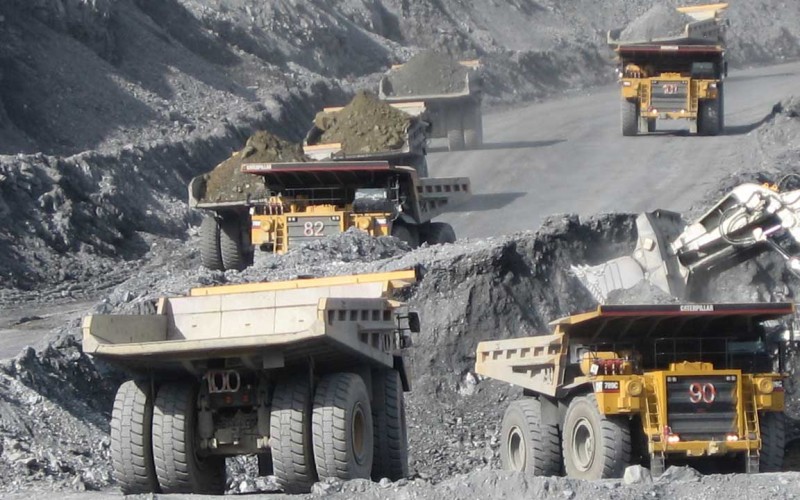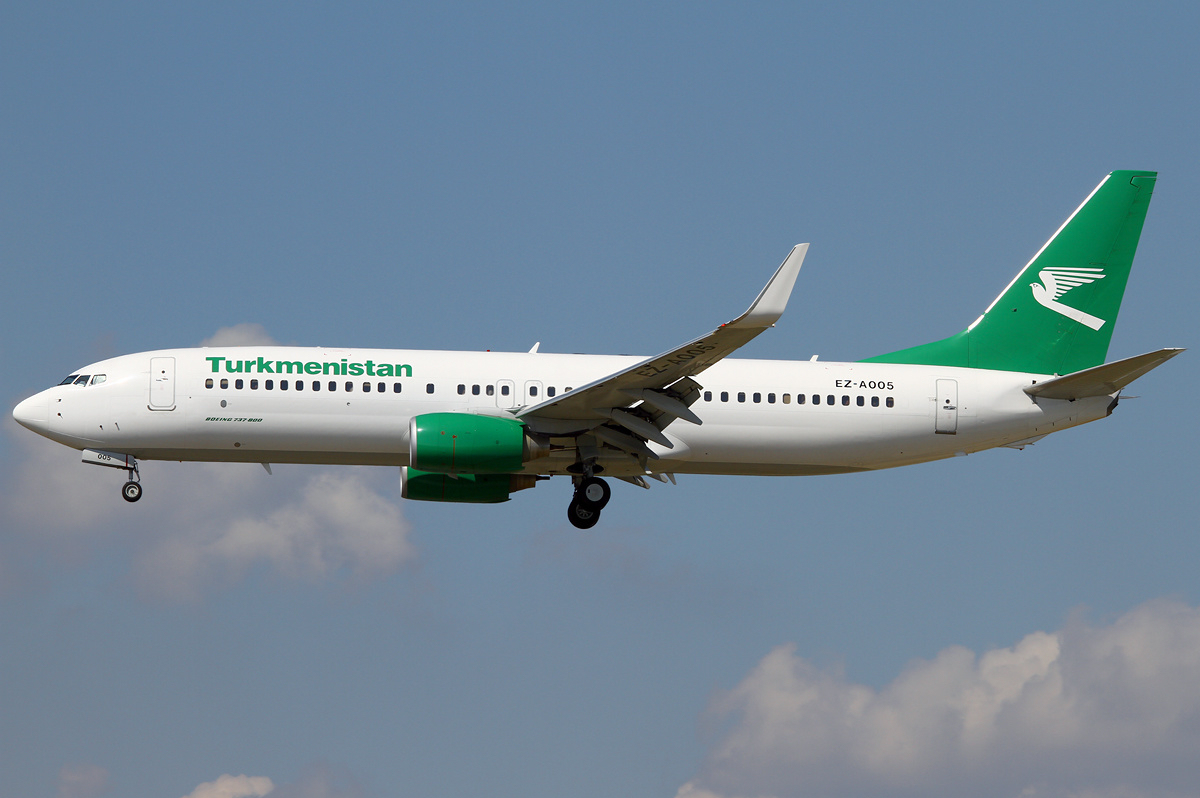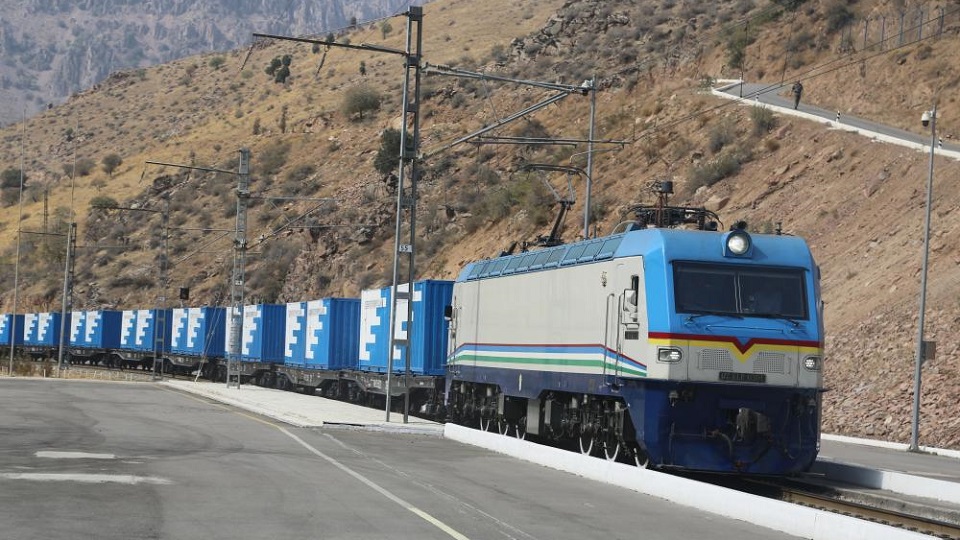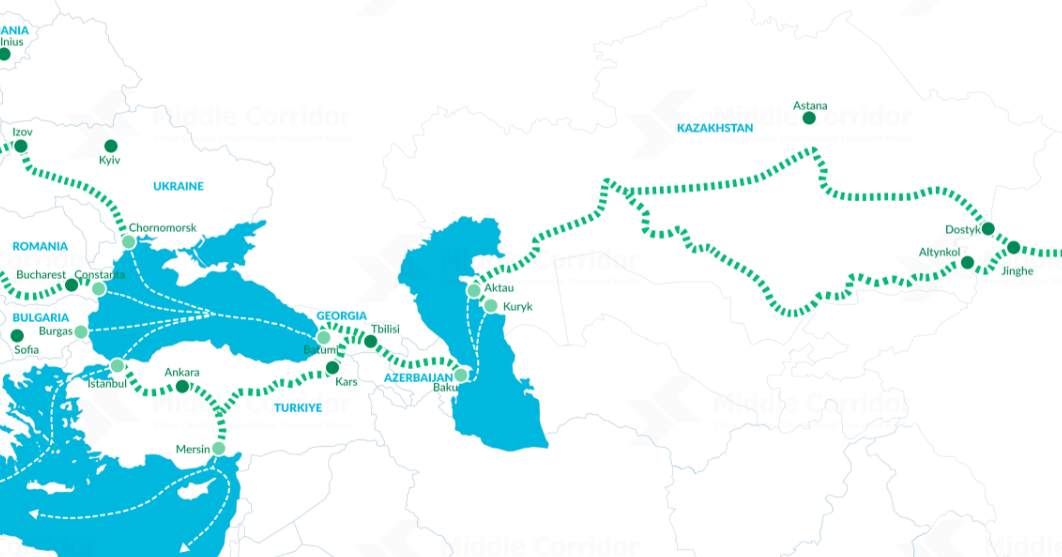
Kyrgyz Authorities Clash With Owners of Massive Kumtor Gold Mine
Kyrgyz Authorities Clash With Owners of Massive Kumtor Gold Mine
In mid-July, Kyrgyzstan’s capital of Bishkek hosted a roundtable dedicated to the future of the Kumtor Gold Mine, one of the largest gold deposits in the world. According to Kumtor Gold Co., a wholly-owned subsidiary of Canada’s Centerra Gold, which operates the mine, the deposit contributed over 21 percent of Kyrgyzstan’s industrial output and approximately 9.7 percent of its gross domestic product (GDP) last year. The company states that it has channeled almost $3.5 billion to the Kyrgyzstani budget since 1994, including more than $1 billion in various taxes, customs duties and other mandatory charges. Yet, it is widely believed domestically that the local government has been continuously misled by the Canadian investor (Kumtor.kg, July 24; Pikir-klub.kg, July 18).
The roundtable took place at the government’s initiative but was not attended by either ministers or members of parliament. Instead, it drew attendance from rank-and-file staffers who promised to report the findings up the chain. The speakers were all supplied by the Pikir (“opinion” in Kyrgyz) expert club known for its critical statements on policy issues. They unanimously emphasized the need for the current administration to extract increased commitments to environmental safety from Centerra Gold. The discussion ended with a resolution explicitly calling for the nationalization of Kumtor Gold’s assets. The resolution further calls for bringing to justice those Kyrgyzstani officials who previously signed allegedly unfair agreements with the Canadian mine operator. According to experts, Kyrgyzstan would have “easily” paid back its external sovereign debt, currently amounting to approximately $4 billion, had it received higher payments from Kumtor operations. This estimate contradicts Centerra Gold’s own calculations (Azattyk.org, Pikir-klub.kg, Khabar.kg, July 18).
Last September, the government of Kyrgyzstan and Centerra Gold signed a new agreement ensuring better protection of the environment and higher investments for local development purposes. The foreign investor thereby agreed to raise its environmental fees from $310,000 to $3 million a year. It allocated an additional $50 million to the newly created Nature Development Fund and a further $10 million to the Cancer Research Development Fund. Besides this, Centerra undertook a formal pledge to make annual payments of $6 million to the Kumtor Rehabilitation Fund. In exchange, the Kyrgyzstani authorities agreed to forego costly litigation in local and international courts by sticking to the 2009 agreement, which now governs all work at Kumtor. The then–prime minister, Sapar Isakov, called last year’s accord a “strategic win” for Kyrgyzstan, although it was labeled by some legislators as an “unacceptable” concession and a “sellout” of national interest (Gezitter.org, September 12, 2017; Gov.kz, vb.kg, Kloop.kg, September 11, 2017).
Despite reaching the additional accord initially touted as a success, the Kyrgyzstani government has recently been sending mixed signals about its further intentions. This is undoubtedly due to the downfall of the government of Sapar Isakov, widely considered the driving force behind the new deal. Isakov was dismissed by President Sooronbay Jeenbekov in April 2018, following a vote of no confidence in the parliament. He was subsequently interrogated four times in connection with a corruption affair at Bishkek’s thermal power plant, in which Chinese interests are believed to have received unduly favorable treatment. He was eventually arrested in early June. Just weeks later, Isakov’s successor, Mukhammedkalyi Abylgaziev, said that the 2009 agreement with Centerra Gold should be reviewed to take a proper account of Kyrgyzstan’s strategic interests. The same information was quickly confirmed by the speaker of parliament, Dastan Jumabekov, although no details were immediately forthcoming (Regnum, July 18, 2018; Azattyk.org, June 29; Sputnik.kg, June 5).
The Kumtor Gold Mine first became a subject of contention shortly after production began, in 1997. The following year, Kumtor Gold Co. caused a major cyanide spill near the mining site. However, the tensions ultimately subsided, only to be revived again in early 2012, when a parliamentary commission was formed to investigate the 2009 signing of the new terms of cooperation by the administration of then-president Kurmanbek Bakiyev. The latter was deposed by a popular revolution and fled the country in 2010. The government then decided, in 2013, to file a series of lawsuits against Centerra Gold, the single owner of Kumtor Gold Co. since 2004. Most of them relate to multiple environmental violations, which the Canadian company has been invariably contesting. Centerra recently let it be known, through its 2017 annual filing, that it had received $465 million worth of claims since the latest wave of lawsuits beginning in 2012. In September 2017, when the foreign investor took on extra commitments, a new $200 million lawsuit was dropped, but litigation resumed in the spring of 2018, on the eve of then–prime minister Isakov’s dismissal (24.kg, July 17, 2018; Sputnik.kg, May 17, 2016; Vb.kg, December 16, 2013; Vb.kg, July 11, 2012).
The Kumtor controversy is fraught with considerable negative consequences for Kyrgyzstan, many of which are hard to quantify in advance. Legal action against foreign investors working on large-scale, capital-intensive projects, whether successful or not, is always perceived as a red flag by other companies envisaging similar projects. The troubled legal history of Centerra’s operations in Kyrgyzstan has been compounded by domestic political instability, leading to frequent government reshuffles and two presidents being ousted by their own people, in 2005 and 2010. In addition, Kyrgyzaltyn, the state-owned gold mining enterprise, currently owns 26.6 percent of Centerra Gold’s issued share capital; therefore, depriving the Canadian company of its key asset, or encumbering it with new liabilities, would be tantamount to the government shooting itself in the foot. All in all, Kyrgyzstan may be the most democratic country of Central Asia, but its economic prosperity continues to be beholden to politicking with unpredictable implications.


